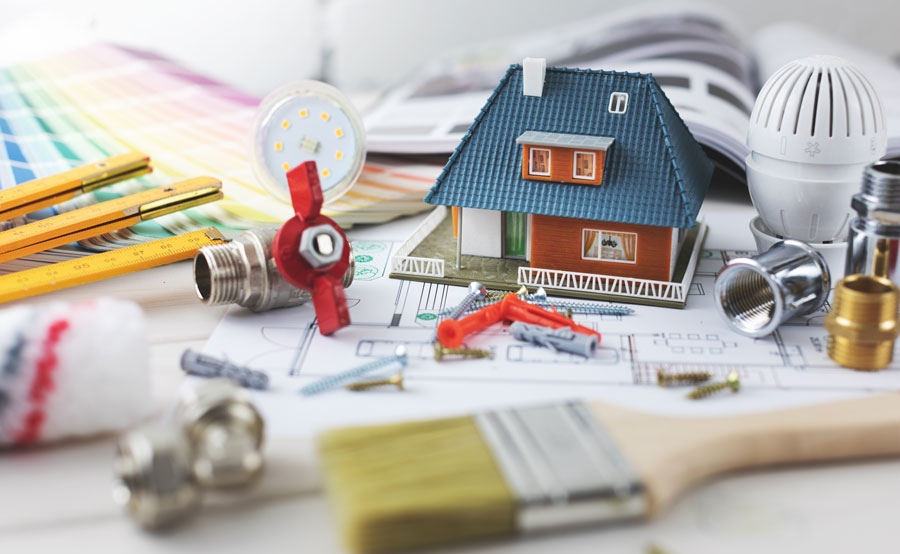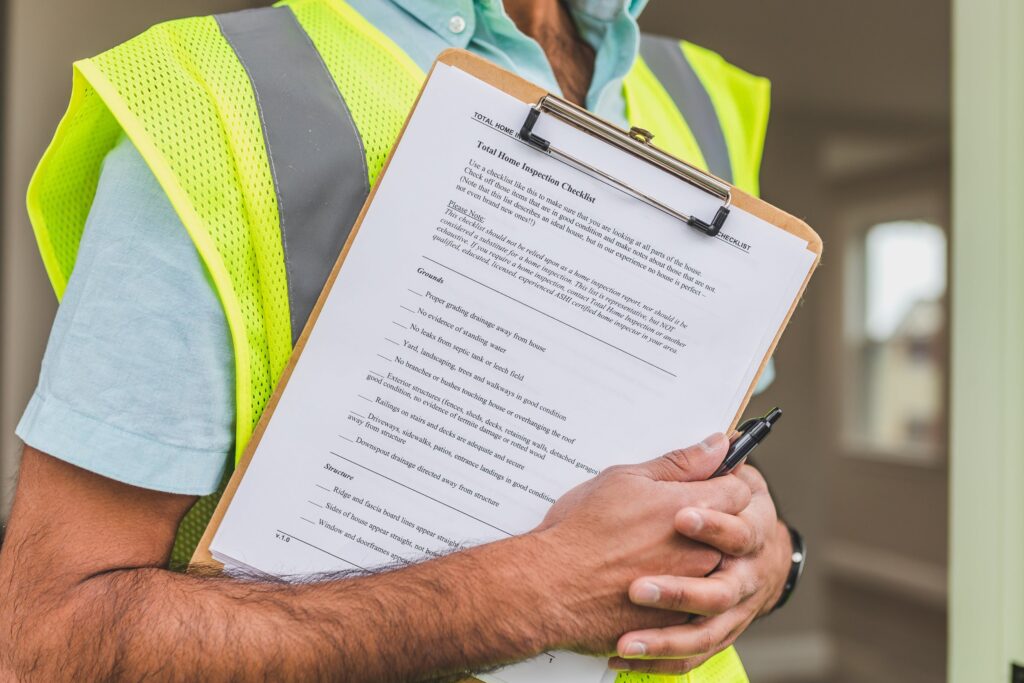How to Address Plumbing Problems During a Home Sale
Selling a home can be a complex process, and one of the most stressful aspects is dealing with unexpected or known issues that might affect the value or desirability of the property. Plumbing problems are among the most common and potentially serious issues that sellers encounter. Whether it’s a minor leak or a major pipe replacement, plumbing concerns can quickly derail a smooth home sale. Understanding how to handle these issues properly can help you protect your investment and maintain buyer confidence.
Understanding the Impact of Plumbing Issues on a Home Sale
Plumbing problems can range from dripping faucets to serious concerns like corroded pipes, poor drainage, or sewer line damage. These issues often affect the buyer’s perception of the property and may raise red flags during a home inspection. A buyer might worry that a small leak could be a symptom of a much bigger problem or that water damage has affected other systems within the home. As a result, plumbing issues can lower your home’s perceived value, delay closing, or even cause a buyer to back out entirely.

Deciding Whether to Repair or Disclose
When preparing to sell a home, one of the first decisions you’ll face regarding plumbing issues is whether to fix them before listing or to disclose them honestly to prospective buyers. This decision often depends on the severity and cost of repairs, your budget, and the local real estate market.
In a competitive seller’s market, buyers may be more willing to accept minor issues in exchange for getting the home they want. However, if the problem is significant, it’s usually best to take care of it ahead of time. Fixing plumbing issues can prevent complications later in the process and even increase the home’s selling price. On the other hand, if the repairs are too costly and you’re not in a position to handle them before selling, full disclosure is not only ethical but often legally required. Failure to disclose known defects can result in legal consequences even after the sale is complete.
Getting a Professional Plumbing Inspection
One of the smartest steps a seller can take is to hire a licensed plumber to conduct a thorough inspection before listing the home. This inspection can help identify hidden issues that may not be apparent to the untrained eye. From evaluating water pressure and checking for leaks to inspecting the water heater and sewer lines, a professional inspection can give you a clear understanding of the home’s plumbing health.
Armed with this information, you can either proceed with repairs or disclose the issues with confidence. An inspection report can also be provided to potential buyers as a sign of transparency and good faith, helping to build trust and reduce the likelihood of surprises during the buyer’s inspection.
Making Strategic Repairs That Add Value
Not every plumbing repair needs to be a full-scale overhaul. Some minor fixes can make a significant difference in the buyer’s impression of the home. Replacing outdated fixtures, repairing visible leaks, and ensuring that drains and toilets function properly can help reassure buyers that the property has been well maintained.
If the plumbing system includes outdated materials such as galvanized steel or lead pipes, you might consider partial updates or providing quotes for future work. Offering to credit the buyer for specific plumbing updates as part of the final deal can also be a smart compromise. These strategic decisions demonstrate that you’re proactive and willing to negotiate in good faith.
Coordinating with Your Real Estate Agent
A knowledgeable real estate agent can be an invaluable partner in managing plumbing concerns during a home sale. They can advise you on which repairs are most important based on buyer expectations in your area. They can also help you position the property effectively by highlighting the strengths of your home while honestly disclosing any issues.
Your agent can also help facilitate the repair process by recommending trusted local plumbers, coordinating access to the home for repair work, and ensuring that any necessary documentation is available for buyers. This collaboration ensures that your approach to plumbing problems aligns with your broader selling strategy.
Handling Plumbing Issues During Buyer Inspections
Even if you’ve already addressed known plumbing issues, the buyer’s inspection can uncover unexpected surprises. This is a common and often stressful stage of the selling process, but it doesn’t have to spell disaster.
If an issue is discovered during the inspection, be prepared to review the inspector’s findings with your own contractor or plumber. In some cases, the buyer’s inspector may misinterpret a minor issue as a major concern. Getting a second opinion can help clarify the situation and give you leverage in negotiations.
Depending on the severity of the issue, the buyer may request that repairs be made before closing, or they might ask for a price reduction or credit to cover the cost of fixing the problem themselves. A flexible and cooperative attitude can go a long way toward keeping the deal on track.
Documenting Repairs and Maintenance
Keeping a record of all plumbing work done on your home is essential when selling. Receipts, inspection reports, and warranties can provide peace of mind for potential buyers and help justify your asking price. Well-documented repairs demonstrate that the home has been responsibly maintained and can reduce concerns about hidden issues.
If you’re unable to complete all recommended repairs before listing, having documentation showing estimates or consultations with professionals can still be helpful. It shows that you’ve done your due diligence and allows the buyer to make an informed decision.

Navigating Plumbing Disclosures Legally and Ethically
Every state has laws that govern property disclosures, and it’s vital to understand your legal obligations. In most areas, you are required to disclose any known defects, including plumbing issues that could affect the home’s value or habitability.
Being upfront about plumbing concerns doesn’t just protect you legally; it also builds trust with potential buyers. Buyers are far more likely to move forward with a purchase if they feel the seller is honest and transparent. Trying to hide or minimize problems often backfires and can lead to lost sales or post-closing legal battles.